April 18, 2025 | 20:17 GMT +7
April 18, 2025 | 20:17 GMT +7
Hotline: 0913.378.918
April 18, 2025 | 20:17 GMT +7
Hotline: 0913.378.918
P4G Summit (Hanoi, April 15-17, 2025), themed "Sustainable and people-centered green transition,” is the largest multilateral high-level event on green growth hosted by Vietnam in the 2021-2026 period. Vietnam Agriculture and Nature Newspaper (VAN) brings latest news on Vietnam's strong commitments, proactive role and international responsibility at the P4G Summit.
On the morning of April 17, 2025, as part of the P4G Hanoi Summit, the Ministerial Session titled "Revitalizing and unleasing finance for global green growth" took place with the participation of leaders from various Vietnamese ministries and sectors, government representatives from many countries, international financial institutions, development agencies, businesses, and environmental-financial experts.
In his opening remarks, Deputy Minister of Finance Do Thanh Trung proposed focusing discussions on three main areas: First, sharing experiences in developing green financial markets, from successful models to lessons learned from past challenges. Second, identifying solutions to overcome technical, legal, and market-related barriers so that green capital flows can operate more efficiently. Third, discussing financial policies to attract investment not only from the public sector but also from the private sector, thereby maximizing resources for green growth.
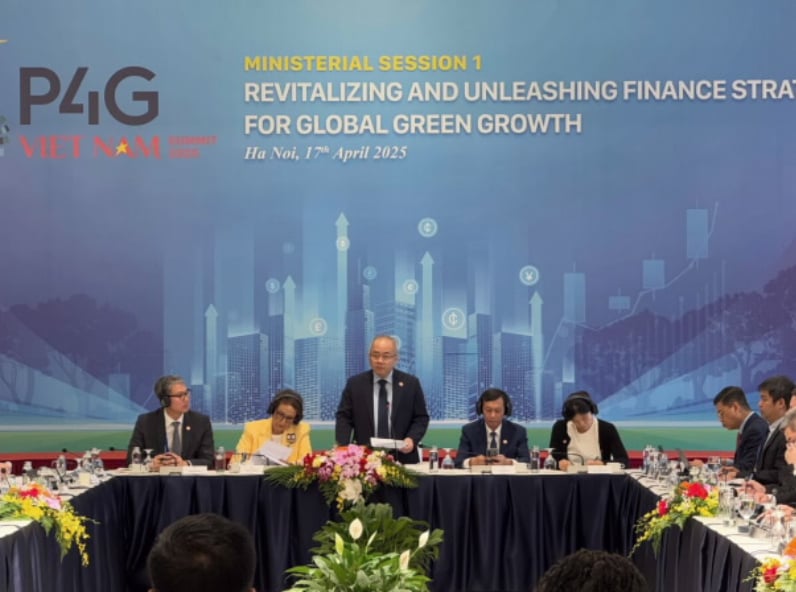
Deputy Minister of Finance Do Thanh Trung at the open discussion session. Photo: MOF.
A highlight of the session was the speech by Ms. Rebeca Grynspan, Secretary-General of the United Nations Conference on Trade and Development (UNCTAD). She emphasized that global financial system reform is crucial to ensuring that climate finance reaches the intended recipients, especially in developing countries. She also called for greater financial equity and expanded access to green finance across all economies.
The discussion session brought together many high-level representatives from Asia and Europe. Mr. Chuop Paris (Deputy Minister of Environment of Cambodia), Mr. Chung Keeyong (Deputy Minister and Climate Change Ambassador of South Korea), Ms. Amelia Tang (Deputy Minister of the Prime Minister's Office of Singapore), and Mr. Kees van Baar (Dutch Ambassador to Vietnam) all shared a common viewpoint: Public-private partnerships and cross-border policy coordination are essential to forming a regional green finance corridor. ASEAN has valuable lessons in designing policies to promote the issuance of green bonds and sustainable credit and must continue cooperating to establish common green finance standards.
Representing local authorities, Mr. Nguyen Van Dung, Vice Chairman of the Ho Chi Minh City People’s Committee, shared that the city has developed a green growth plan through 2030, which includes implementing specific financial policies under Resolution 98/2023/QH15. Ho Chi Minh City is actively promoting models such as urban green bonds and green public-private partnerships (green PPPs), while also proposing a range of solutions from legal reforms to enhanced international cooperation to expand the scale of green finance mobilization.
From the perspective of international financial institutions, Mr. Thomas Jacobs, Country Director for IFC in Vietnam, Cambodia, and Laos, pointed out that Vietnam will need up to USD 368 billion to achieve net-zero emissions by 2040. However, green credit currently accounts for less than 5% of total outstanding loans, and the climate bond market remains underdeveloped. He proposed strengthening banking capacity, improving the legal framework, and promoting innovative financial instruments such as blue bonds.
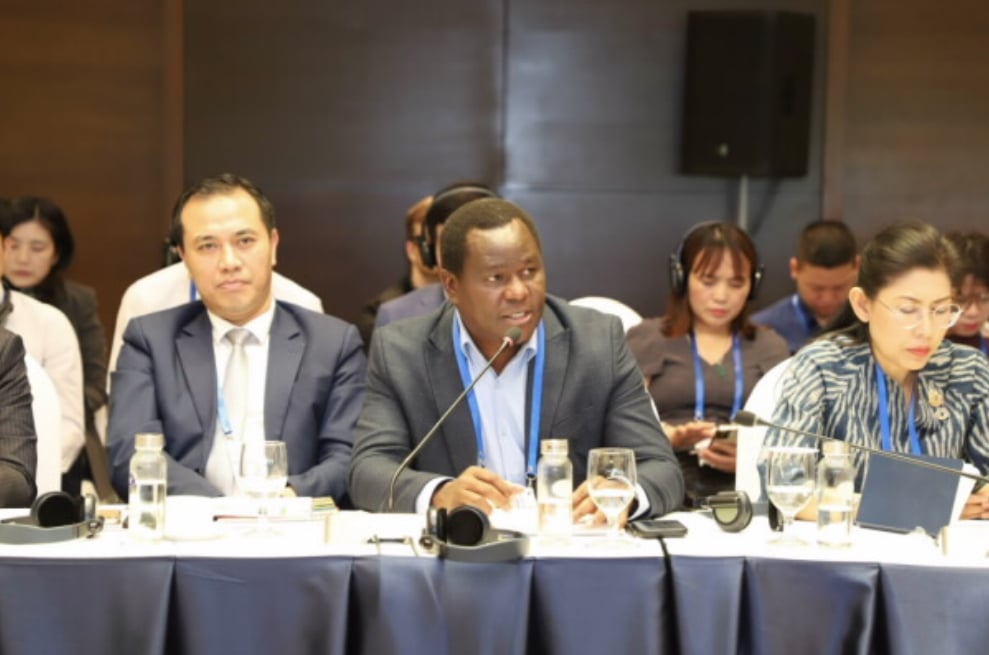
International delegates spoke at the open discussion session. Photo: MOF.
Mr. Shantanu Chakraborty, representing the Asian Development Bank (ADB), introduced several ongoing green finance initiatives: the Innovative Climate Finance Facility, which could provide up to USD 36 billion annually; the GSS+ Bonds program, which has supported the issuance of over USD 3.5 billion in green, social, and sustainable bonds; and the promotion of responsible investment fund standards across ASEAN.
Nevertheless, experts acknowledged that the global green finance gap remains vast. Many developing countries face challenges in accessing international capital flows due to the lack of risk-sharing mechanisms, limited intermediary financial instruments, and institutional capacity disparities. Participants emphasized the need to mobilize catalytic finance, support small and medium-sized enterprises, close gender gaps in access to green finance, and make green transition projects more attractive to investors.
Harmonizing green taxonomies was also raised as a pressing solution. More importantly, however, governments and development banks must take the lead in sharing risks and building flexible, intelligent financial models to pave the way for the private sector’s deeper participation in the global green transition.
Translated by Hong Ngoc
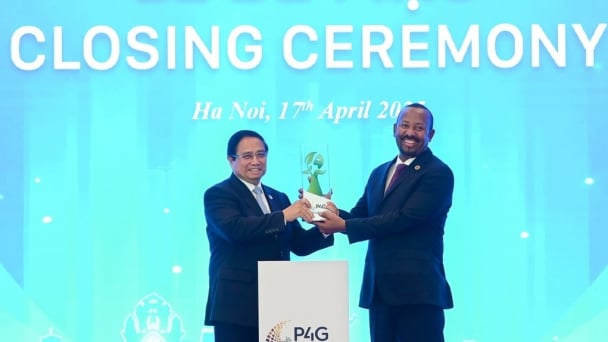
(VAN) On the afternoon of April 17, Prime Minister Pham Minh Chinh chaired the closing ceremony of the P4G Vietnam Summit 2025, with the theme 'Sustainable and People-Centered Green Transformation.'
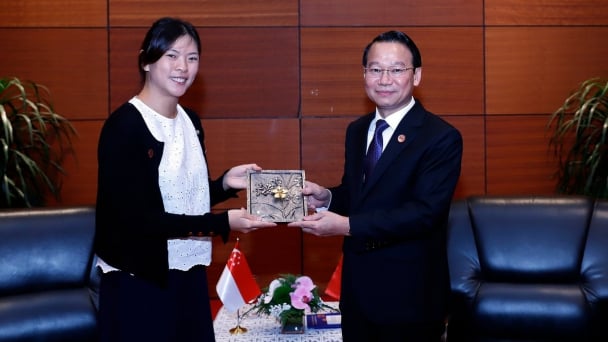
(VAN) Vietnam and Singapore are poised to sign the Paris Agreement and collaborate on implementing large-scale renewable energy projects that are mutually beneficial.
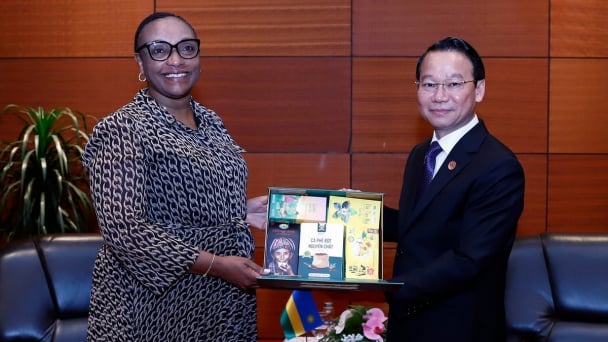
(VAN) Vietnam and Rwanda agreed to promote agricultural and environmental cooperation towards green growth and sustainable development in the new period.
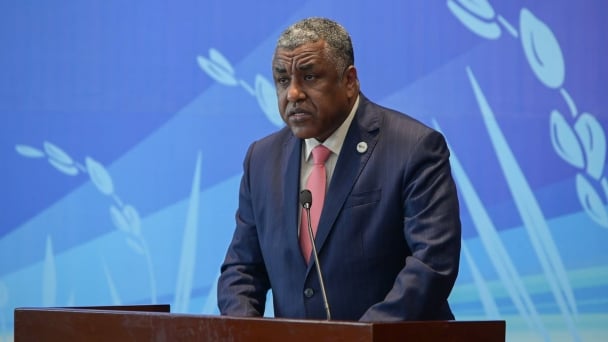
(VAN) With a comprehensive food system transformation roadmap, Ethiopia has become Africa's largest wheat producer, ensuring domestic consumption and export.
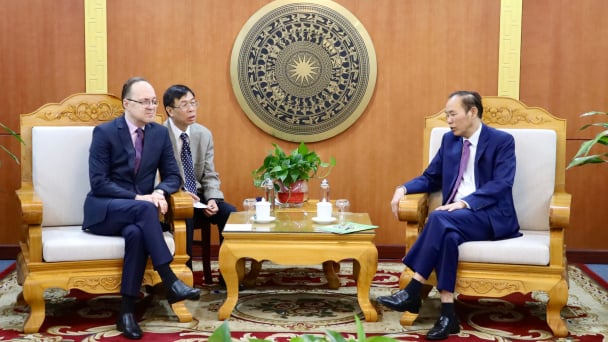
(VAN) On the morning of April 17, Deputy Minister of Agriculture and Environment Phung Duc Tien welcomed and worked with Mr. Gennady Bezdetko, Ambassador Extraordinary and Plenipotentiary of the Russian Federation to Vietnam.
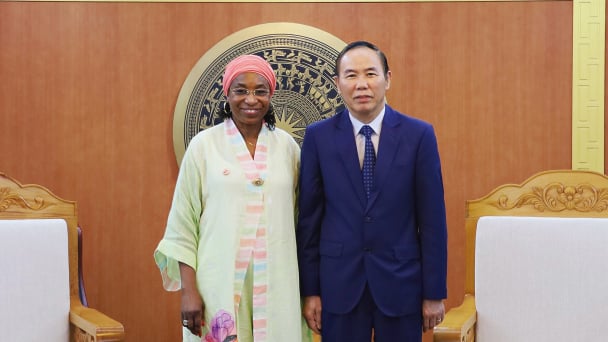
(VAN) On the afternoon of April 17, Deputy Minister of Agriculture and Environment Phung Duc Tien received with UNIDO Deputy Director-General Fatou Haidara.